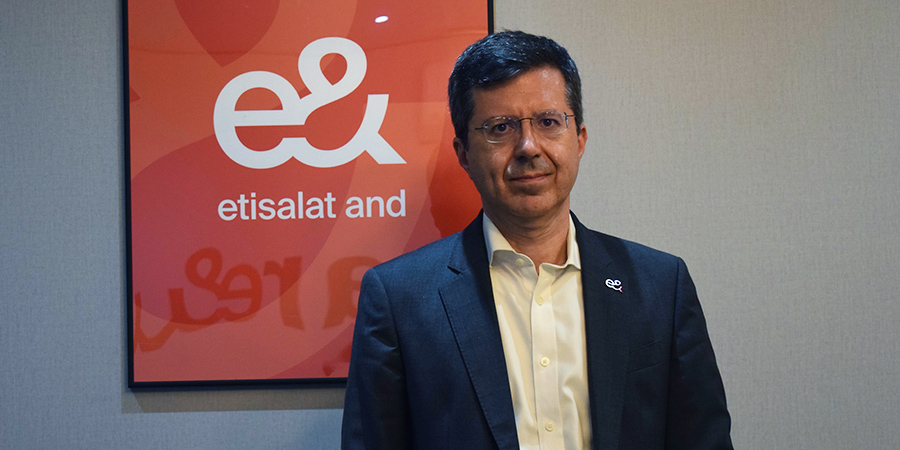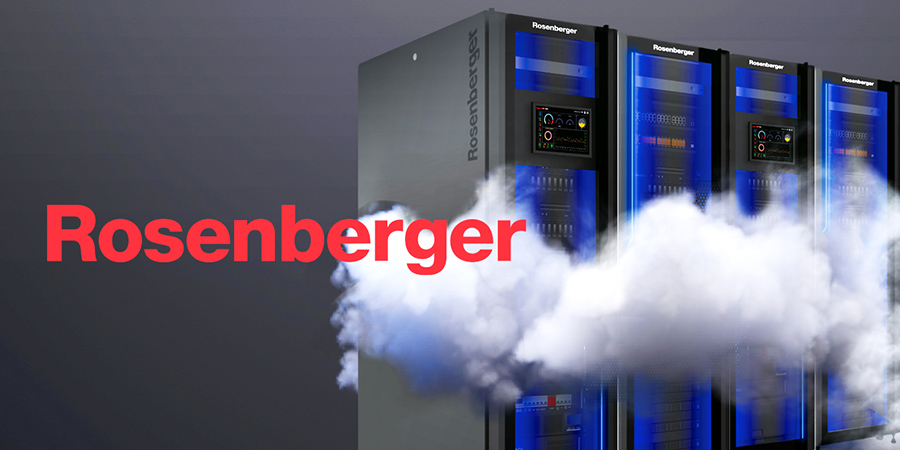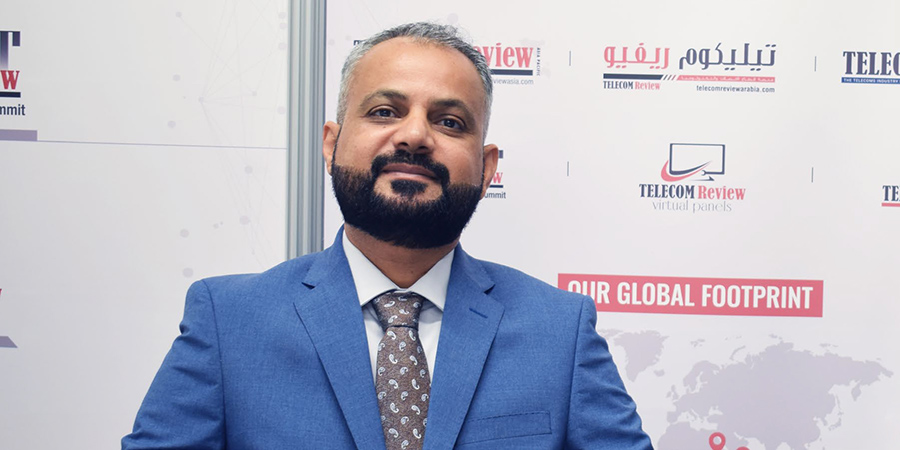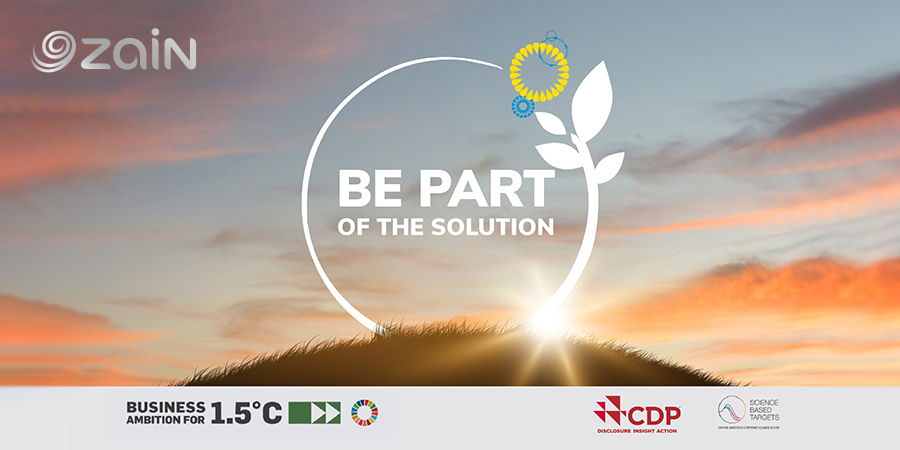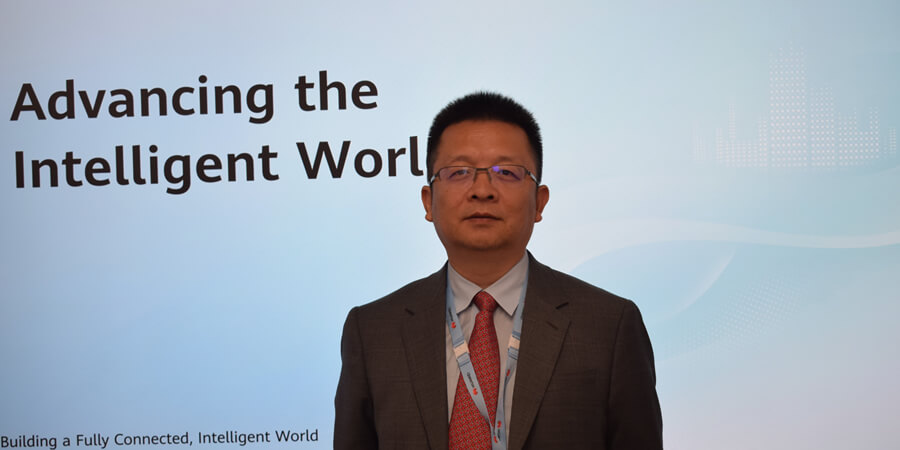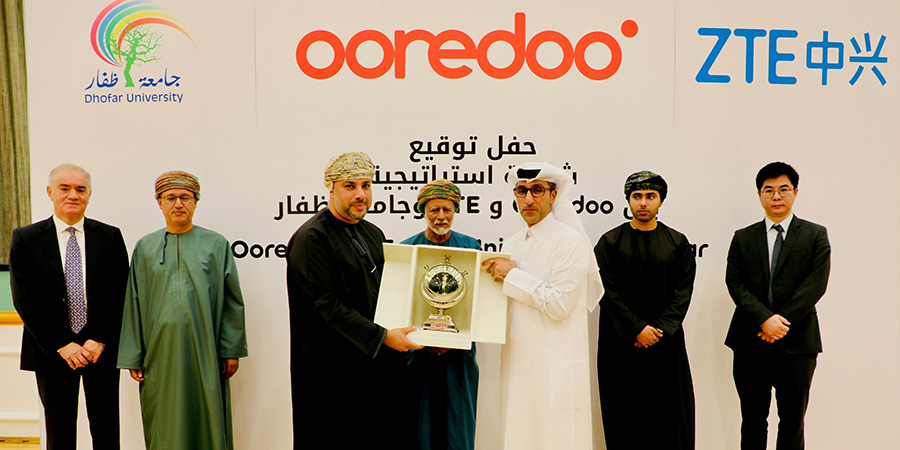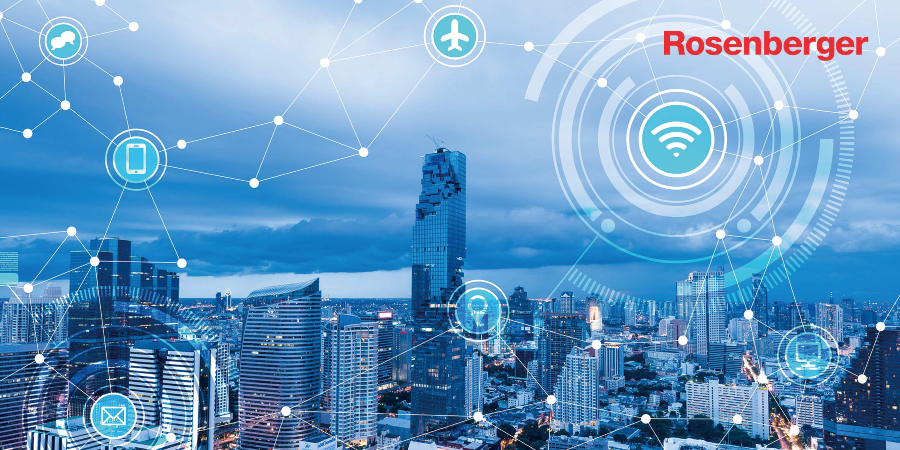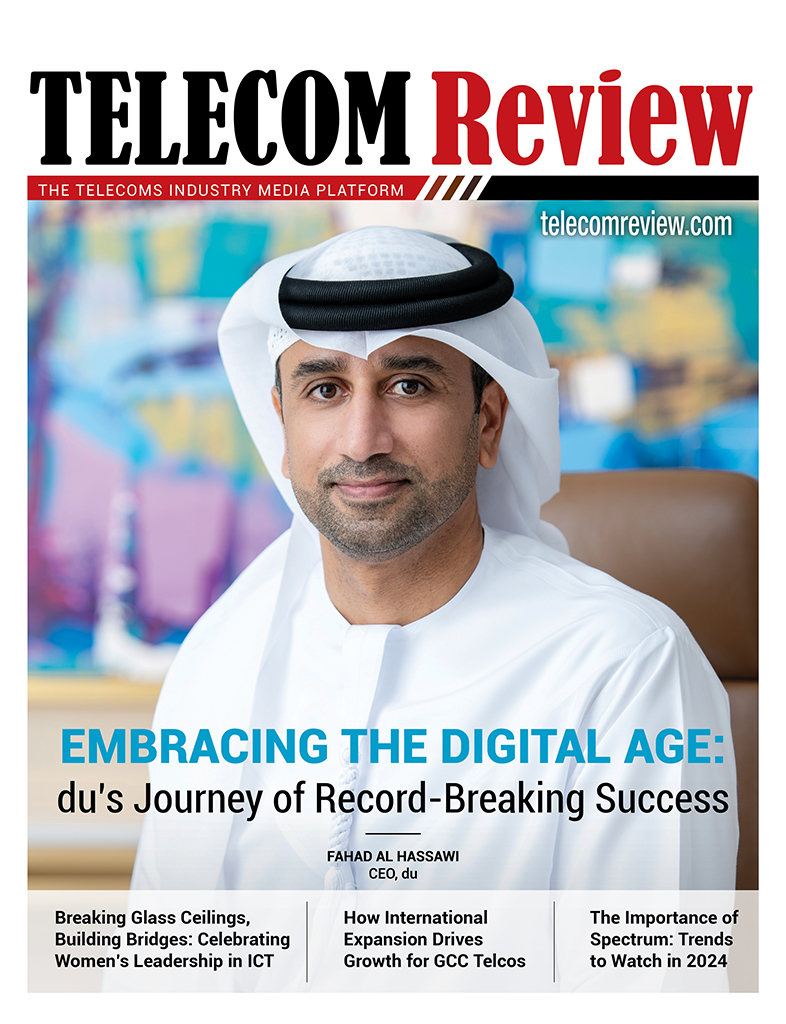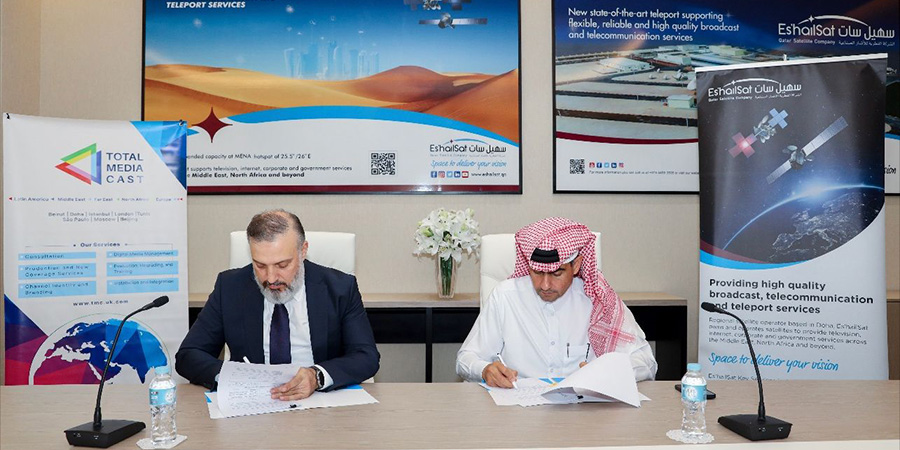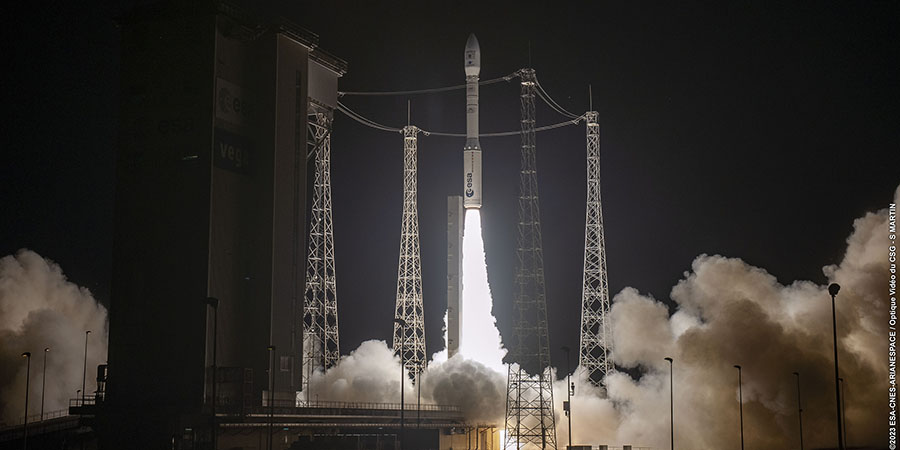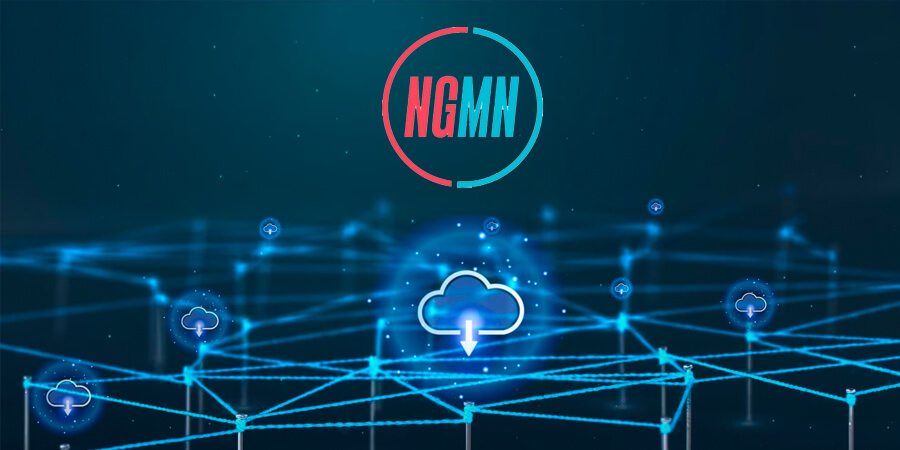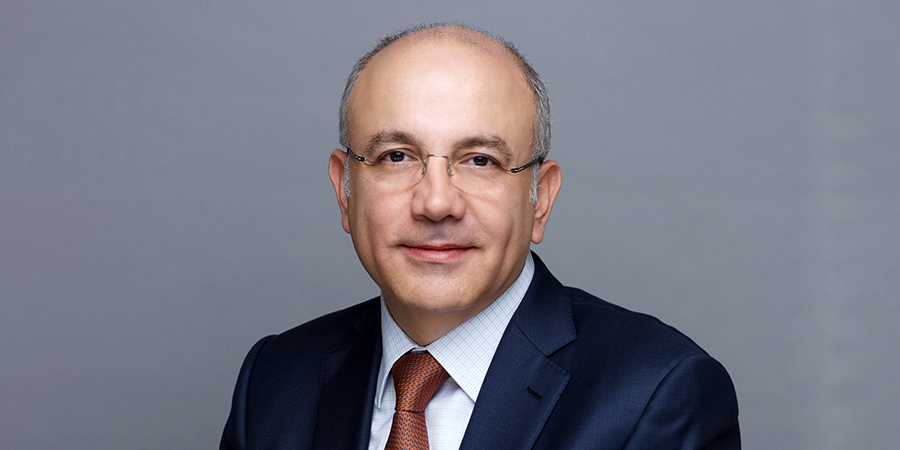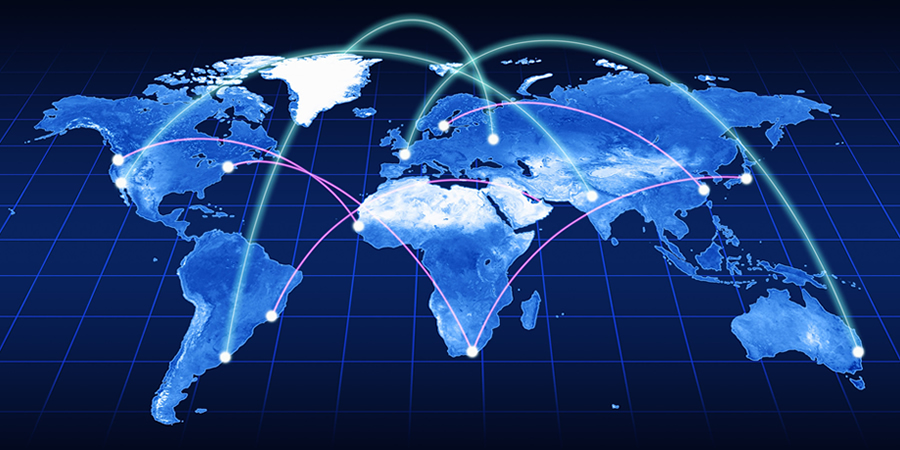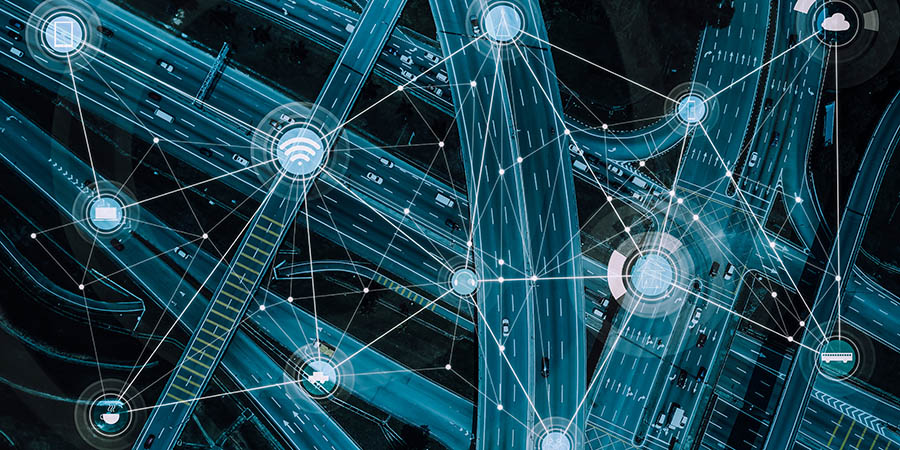The International Telecommunication Union (ITU) has issued guidelines for countries to develop emergency plans to maintain access to telecom networks and services during the Covid-19 pandemic.
These guidelines will assist national authorities and policymakers in developing policies and regulations that can ensure the continued use of telecom networks before, during and after a disaster.
In a statement, ITU secretary general Houlin Zhao said the outbreak showed how “vital information and communication technology networks and services” are to pandemic and disaster management.
Zhao added that “the implementation of comprehensive national emergency telecommunication plans can ensure there is effective and timely sharing of information across all levels of government, within affected communities and among humanitarian agencies to prioritize response efforts and to save lives.”
This plan sets out a strategy to enable and ensure communication availability during the phases of disaster mitigation, preparedness, response and recovery by promoting coordination and engagement across all levels of government, humanitarian agencies, service providers and communities at risk.
The ITU explained guidelines highlight major areas of risk during a disaster, justify funding for vital gear and staff in an emergency, and advocates the need for day-to-day resources and procedures to keep national authorities prepared, “especially in relation to maintaining vital communications, the essential lifeline during emergencies”.
Doreen Bogdan-Martin, director of the ITU telecommunication development bureau, said it was “crucial” stakeholders are ready to take action when an emergency situation arises.
She recommended “mock exercises including tabletop, talk-through and walk-through exercises to full-scale drills, help to ensure smooth emergency response among those involved in disaster management and communications”.
The ITU added it had already worked with “several” countries to create national emergency telecommunication plans, set up early warning and monitoring systems, and on provision of equipment.



